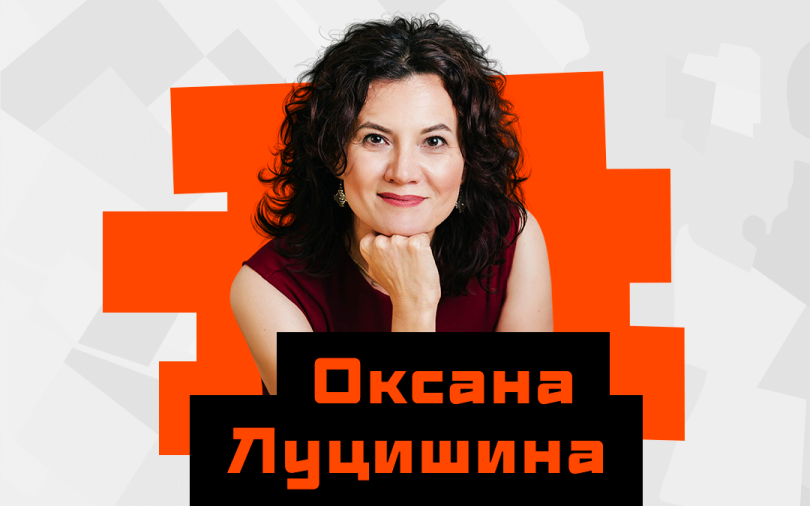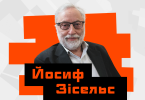The body against tyranny
In November 2022, I stumbled upon a French report about Lesya Ukrainka while attending the women writers festival at the House of Colette in Saint-Sauveur-en-Puiset near Paris, where the famous French writer had once resided. My report focused on Lesya’s works „The Noblewoman“ and „Orgy,“ with an additional mention of her well-known short prose poem „The Voice of a Russian Prisoner.“ In this poem, the poetess expressed her strong disapproval of the French celebrations held in honor of Tsar Nicholas II’s visit to France in 1896. Despite the widespread enthusiasm among the French art and student communities, Lesya Ukrainka perceived it as shameful that a republic would welcome a monarch. The poem, written in a merciless tone, condemns Russia as a land of hunger, ignorance, thievery, hypocrisy, and endless tyranny, with a message that still resonates today. Ironically, Lesya Ukrainka was more proficient in French than I was, yet I had the privilege of introducing her work to readers who may have otherwise never come across it, even a century later.
For me, the critical moment is when the audience suddenly realizes that explaining why Russia attacked Ukraine is not a simple matter. When I have the opportunity to incorporate a literary work, it adds depth to the explanation, and the audience responds almost instantly. While translating quotes on the spot, I shared with students an excerpt from „The Noblewoman.“ Oksana’s breathlessness in Moscow succinctly conveyed the situation much more clearly than discussing the noblewoman’s non-Ukrainian title. While history can be distorted, rewritten, or misinterpreted, suffocation, like death itself, is an undeniable reality.
Throughout the year, I have conversed with diverse audiences, ranging from friendly and knowledgeable individuals to those at an institution for elderly people with disabilities. In the early days of the invasion, questions generally fell into one of several recognizable categories: people asked me what Putin was thinking, followed by the familiar statement that Russia is not synonymous with Putin. They asked rhetorically if we were once one country. Some even posed Jerry Springer-style questions, asking how it felt when Ukraine was attacked and when we first learned of the initial deaths. In those months, I was keenly aware of the power of language – a language that speaks through me, not just to me. The constructs used in these conversations were already embedded in a pre-existing field of thoughts: Putin, cultural proximity, and personal experiences made public. The words „tyranny“ and „imprisonment“ did not fit in this context, as they belonged to a different world. Instead, it was all about the friendship between (post) Soviet people and Putin’s thoughts. It’s troubling to see how almost half of the movies and TV series on Netflix focus on deciphering the minds of murderers and cannibals. They are presented like tomes in a mysterious language that we must learn instead of sealing this library of horrors like the defiled church from Gogol’s Viy. This directly parallels the peculiar Russian tendency to sympathize not with the victim but with the killer, as Oksana Zabuzhko writes in her essay on literature after Bucha.
I vividly remember an incident in 2017 at a Slavists‘ conference that exemplified the power of language. They were screening a Russian movie about Babel, but I left after a few minutes. An older woman spoke with a distinctive „aristocratic“ accent that emphasized reflexive verbs‘ endings, bemoaning Isaac Babel’s suffering. She even went as far as to say, and I apologize for the inaccuracy of the quote, that she would „kiss his bleeding heart.“ Despite their history of leaders, wars, and gulags in Russian culture, the bleeding heart remains a symbol of „high poetry.“ For me, it was an unabashed allusion to cannibalism and thus to the Holodomor, colonization, and the enslaved mind. The Western world is so accustomed to viewing these „universal“ Russian symbols that they often overlook their darker implications.
In December, I traveled to Ukraine. While in Lviv, I had to stay in a hotel due to an unpleasant virus I had contracted in Krakow. Although the illness passed quickly, I did not want to infect my friends, so I opted for a solitary stay. One day, I heard young street musicians singing beneath my window. They sang a variety of songs, but they were all of Ukrainian origin and in the Ukrainian language. I was so delighted that I even opened the window, much to the virus’s dismay. A young crowd had gathered around the musicians, singing along to the music; they chimed in when the musicians began playing „Ukraine“ by Taras Petrynenko. I remembered how in school during Soviet times, my musically-inclined classmates laughed at me for naming „Smerekova Khata“ and Taras Petrynenko as my favorite songs and artists in a popular questionnaire. This was in Uzhhorod, Transcarpathia, where the majority spoke Ukrainian even then, and Russian teachers spoke it with such an accent that only Transcarpathians could understand them. My parents, who were not dissidents, adored Ukrainian music, which became their lifeline during the totalitarian era. As a result, I inherited their „rural“ tastes, which earned me ridicule from my peers. However, the younger generation is different. Fortunately, our children are now the ones teaching us.
As experience has demonstrated, decolonization is not merely an abstract intellectual exercise but a cruel physical practice in which death and rebirth accompany language rejuvenation. I reflect on the cost that was paid for the right to call tyranny and lies by their names, and to enable a liberated voice to resonate with full force, free from the shackles of colonialism. This thought is never far from my mind.
Translated by Yulia Lyubka and Kate Tsurkan











